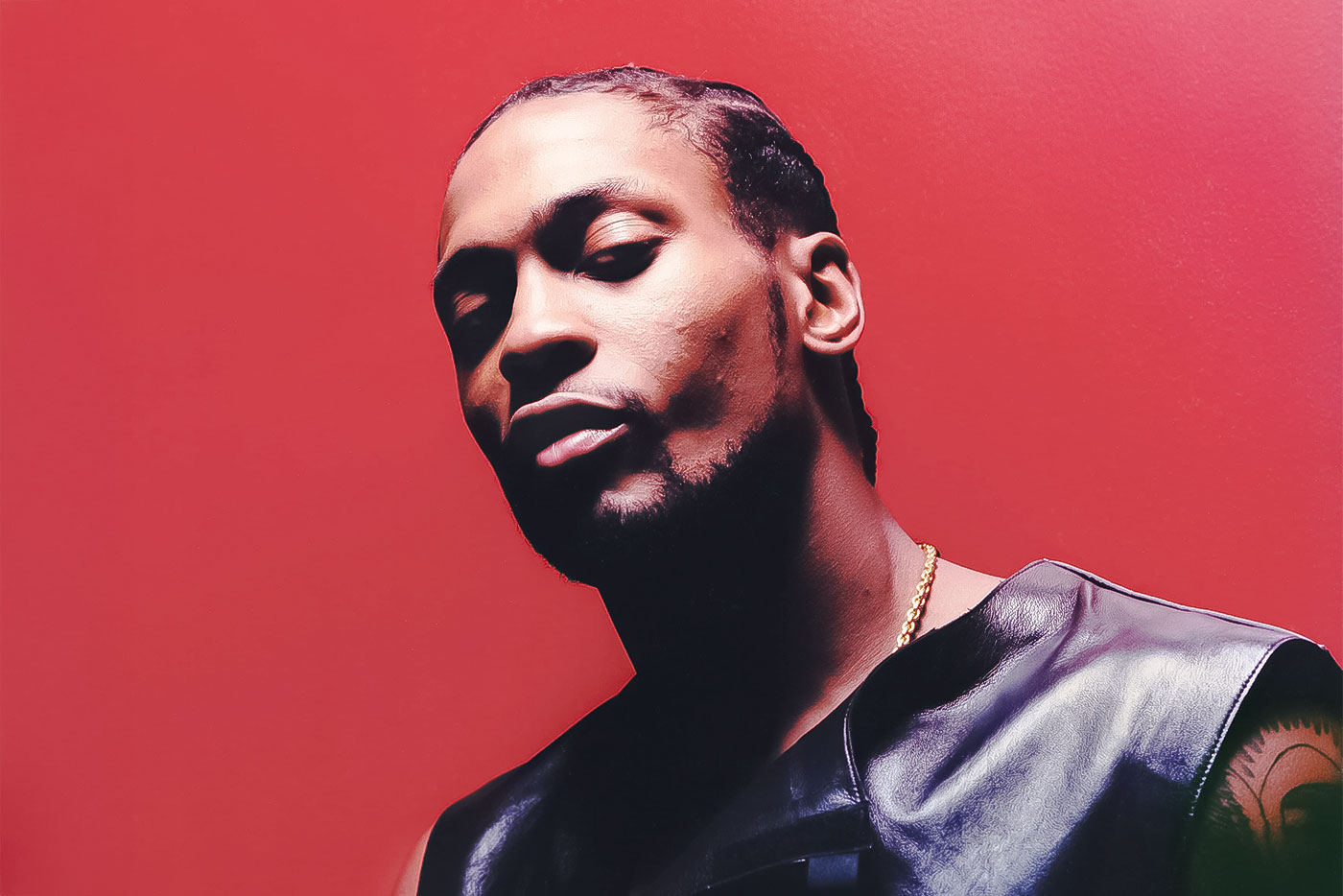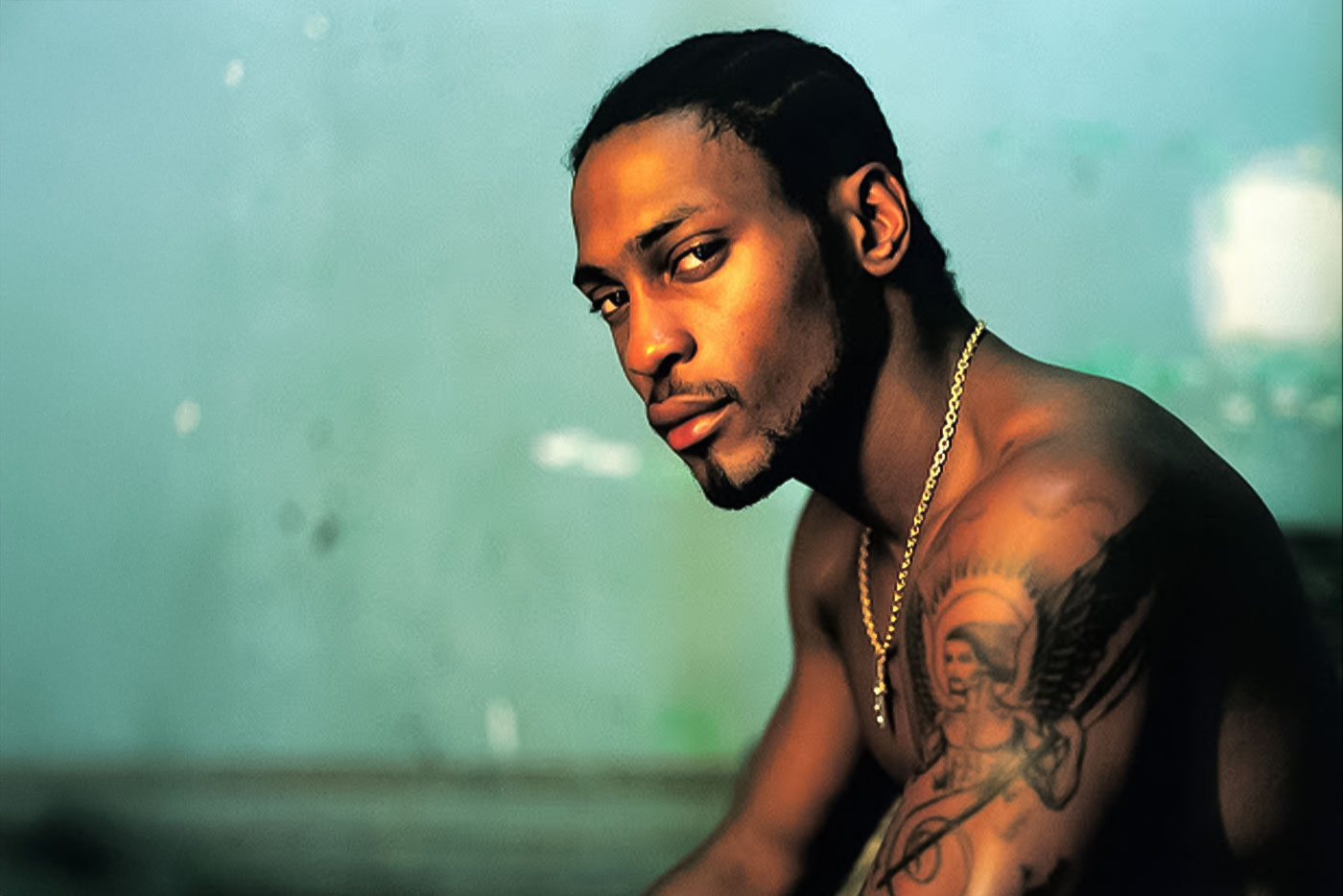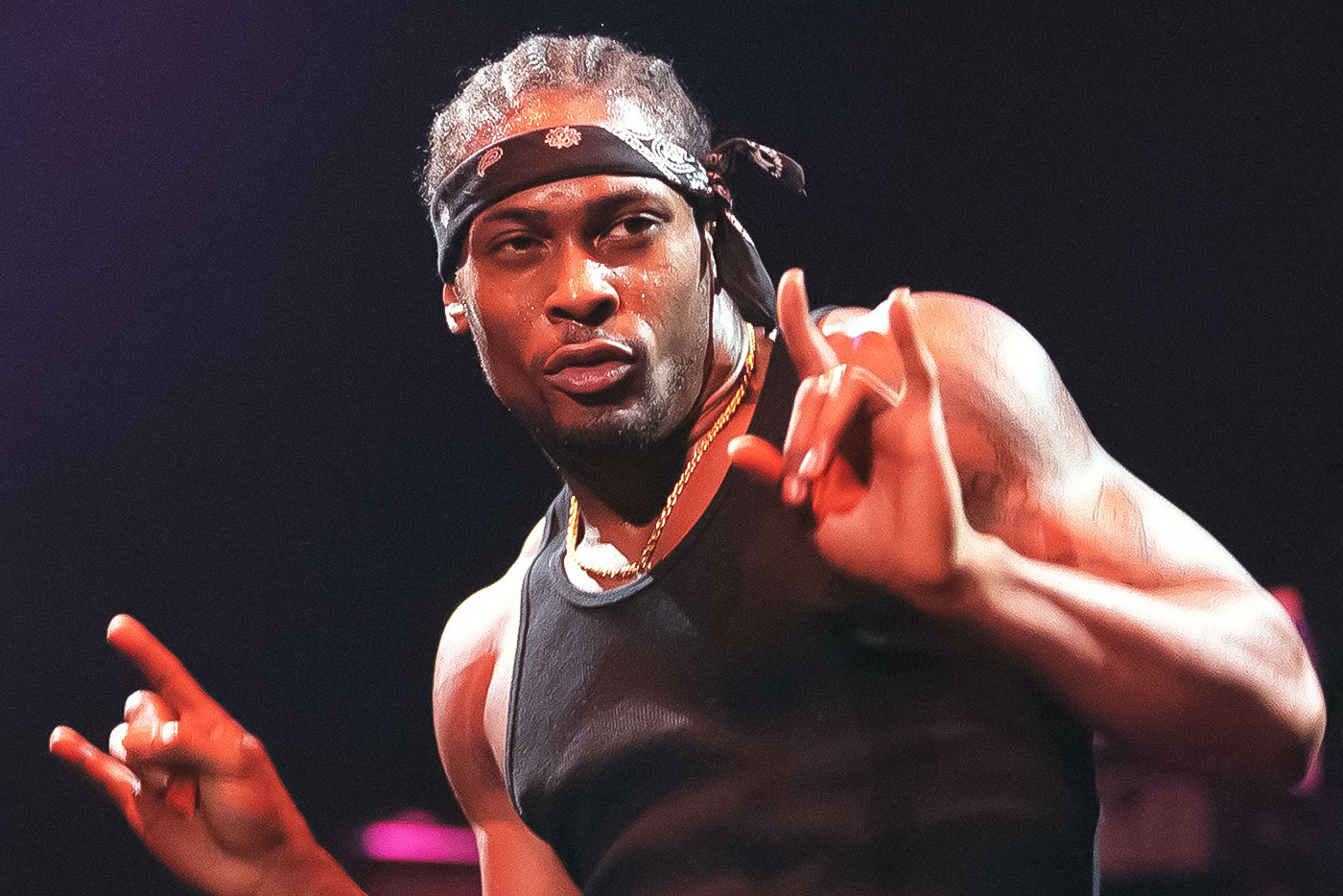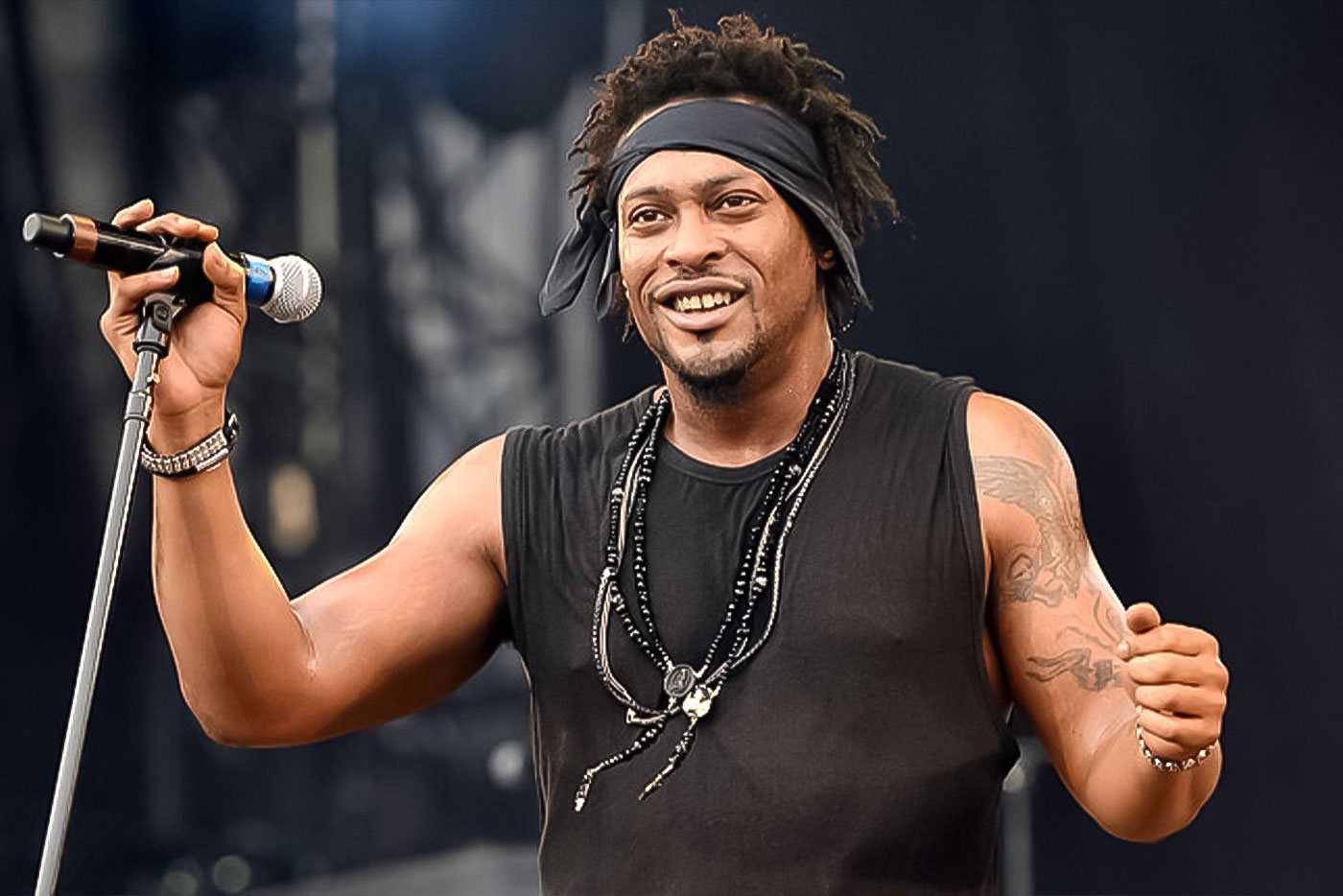D’Angelo – The Soulful Legacy of a Neo-Soul Pioneer
The world lost one of its most soulful voices on October 14th, 2025, when D’Angelo (Micheal Eugene Archer) passed away at the age of 51 after a private battle with pancreatic cancer. D’Angelo’s music wasn’t just heard, it was felt. His work shaped modern R&B and neo-soul, inspiring artists like Frank Ocean, H.E.R., and Anderson .Paak.

Courtesy of Beth Herzhaft
From Richmond Roots to Global Reverence
Born February 11, 1974, in Richmond, Virginia, D’Angelo grew up surrounded by gospel and soul. His early performances at the Apollo Theater hinted at his destiny; a musician whose sound carried both spirituality and sensuality.
After co-writing the 1994 hit “U Will Know” with Black Men United, he signed his first major record deal and soon became one of the most distinctive voices in music.

Courtesy of Youtube Music
The Defining Albums
D’Angelo’s discography remains a masterclass in soul evolution. His debut Brown Sugar (1995) marked a turning point in R&B, blending funk, jazz, and neo-soul in a way that felt both timeless and revolutionary. With tracks like “Lady” and “Cruisin’,” the album went platinum and cemented D’Angelo as a defining voice of his generation.
Then came Voodoo (2000), a cultural landmark recorded at the legendary Electric Lady Studios. The album’s raw, live instrumentation and spiritual groove elevated neo-soul to new heights. Its breakout single, “Untitled (How Does It Feel),” not only earned him two Grammy Awards but solidified his icon status.
After a 14-year silence, D’Angelo returned with Black Messiah (2014), an album that resonated deeply with the political and cultural climate of its time. Both a protest and a prayer, it delivered powerful social commentary wrapped in lush, intricate soundscapes. The project went on to win Best R&B Album and Best R&B Song for “Really Love,” reaffirming D’Angelo’s place as a visionary artist who never lost his voice, but only refined it.

Courtesy of RollingStone
Beyond the Studio
As a founding figure of the influential Soulquarians collective, D’Angelo stood at the heart of a movement that reshaped the sound of contemporary Black music in the late 1990s and early 2000s. The Soulquarians—a loose collective of artists including Erykah Badu, Lauryn Hill, Questlove, Common, Mos Def, and J Dilla – were known for their experimental fusion of soul, hip-hop, funk, and jazz. Working primarily out of Electric Lady Studios in New York, they crafted music that was organic, deeply rhythmic, and emotionally layered, setting a new standard for authenticity and artistry in R&B and neo-soul.
Within this circle, D’Angelo emerged as both a collaborator and a cornerstone. His contributions helped define the warm, analog sound that became synonymous with the Soulquarian era. His live performances, especially the Voodoo World Tour, further solidified his legend, as celebrated for their raw, improvisational power and spiritual intensity. Even during long stretches of silence between albums, D’Angelo’s influence never faded. His deliberate pace and devotion to musical integrity reminded the world that for him, music wasn’t a commodity; it was a calling.

Courtesy of KarenCivil
An Enduring Legacy
Publications from Rolling Stone to The Financial Times hailed D’Angelo as a modern visionary – a spiritual successor to icons like Marvin Gaye and Prince. His music transcended genre, weaving through R&B, hip-hop, jazz, and alternative soul with effortless depth and intention. But beyond the sound, it was his spirit that resonated: the quiet defiance, the vulnerability, and the refusal to conform to industry expectations.
D’Angelo’s artistry was never just about melody but about message. His songs invited listeners to slow down, to feel, and to listen. He turned rhythm into reflection, crafting music that pulsed with humanity and purpose. Even in his silence, his influence lingered, heard in the grooves of modern artists who seek to balance soul with truth.
His passing marks the loss of a rare artist, but his music is timeless, untamed, and forever alive in the spaces between sound and soul.

Courtesy of New York Post
A Final Note
D’Angelo leaves behind a timeless catalog that continues to move hearts and redefine what soul music means. His legacy lives on every time a groove breathes or a lyric reaches for truth.
“When you call my name, it’s like a little prayer.” – Really Love
May his music continue to guide us toward something deeper, something human.









